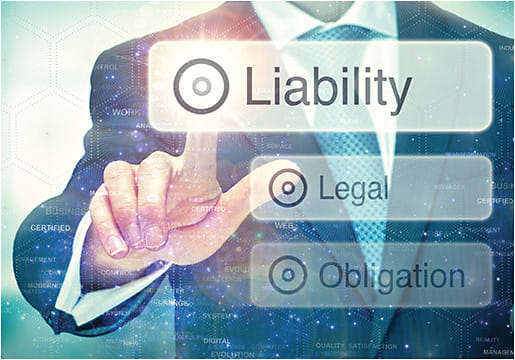
Medicare has a variety of different payment systems, depending on the type of item or service furnished and/or the setting in which the item or service is furnished, e.g., the Hospital Inpatient Prospective Payment System (IPPS), the Hospital Outpatient Prospective Payment System (OPPS), the ASC Payment System, and the Physician Fee Schedule (PFS).
In some cases, each individual item or service has a specific payment rate and is separately reimbursed. This is often the case with services paid under the PFS.
In contrast, many of the Medicare payment systems are prospective payment systems, which the Centers for Medicare & Medicaid Services (CMS) defines as methods of reimbursement in which Medicare payment is made based on a predetermined, fixed amount. Therefore, in a prospective payment system, a single overall payment amount accounts for all of the items and services furnished to the patient during the hospitalization or ASC encounter.
Typically, there is a primary service that is linked to the prospective payment while ancillary or dependent items and services are bundled or packaged into the payment for the primary service.
Examples of commonly bundled or packaged items and services include implantable medical devices, some physician-administered drugs, and some diagnostic imaging tests.
Case Report Question
You perform a surgery in an ASC that includes the implantation of an aqueous drainage device to treat glaucoma. The procedure also includes the injection of an anti-fibrotic drug, mitomycin C. For this patient, the device implantation and the drug administration are considered reasonable and medically necessary. The prospective payment rate for this procedure in the ASC is insufficient to pay for the cost of the device and the drug.
Neither the device nor the drug is separately reimbursed.
Is it appropriate to bill the patient an additional amount (in excess of the copayment) for the device and/or drug in order to make up the shortfall between the Medicare payment and the cost for the device and the drug?
Financial Liability Discussion
Medicare laws and rules dictate beneficiary financial liability for items and services furnished. In most cases, beneficiary financial liability is limited to the amount of any deductible and copayment. Sometimes, the beneficiary can be charged for items and services that are not covered by Medicare as long as they are properly informed in advance—an Advance Beneficiary Notice of Noncoverage (ABN) is used for this purpose.
Summary of Legal Principles
The Limitation On Liability (LOL) protections of §1879 of the Social Security Act apply only when a provider believes that a Medicare covered item or service may be denied in a particular instance because it is not reasonable and necessary under §1862(a)(1) of the Act or because the item or service constitutes custodial care under §1862(a)(9) of the Act.
Section 1879 of the Act requires a provider to notify a beneficiary in advance when he or she believes that items or services will likely be denied either as not reasonable and necessary or as constituting custodial care (i.e., an ABN). If such notice is not given, providers may not shift financial liability to beneficiaries for these items or services if Medicare denies the claim.
A beneficiary who has been given a properly written and delivered ABN and agrees to pay may be held financially responsible. The charge may be the supplier/provider’s usual and customary fee for that item or service and is not limited to the Medicare fee schedule. If the beneficiary does not receive proper notice when required, he or she is relieved from liability.
Notifiers may not issue ABNs to shift financial liability to a beneficiary when full payment is made through bundled payments. So ABNs cannot be used where Medicare made full payment, and the beneficiary would otherwise not be financially liable.
Analysis
The key to complying with the LOL protections of §1879 of the Act is differentiating between a covered item or service, for which the payment is bundled into the Medicare payment, and a noncovered item or service. An ABN cannot be used with the former, but it is appropriate for the latter.
Physicians sometimes mistakenly conclude that a lack of separate payment (or a relatively low payment) for an item or service means that the item or service is not covered by Medicare. This thought process stems from the provider’s economic perspective rather than from a legal perspective. Simply put, inadequate payment for covered services (whether bundled or not) is not justification for holding the patient financially responsible.
On the Medicare Explanation of Benefits (EOB), the Contractual Obligation (CO) assigns financial responsibility to the provider. When CO is used to describe an adjustment, a provider is not permitted to bill the beneficiary for the amount of that adjustment. Medicare beneficiaries may be billed only when the EOB uses “Patient Responsibility” with an adjustment.1
Regarding the question posed above: Because the device and drug are covered, the ASC cannot balance bill the patient for these items regardless of the Medicare payment amount. Be careful to distinguish between covered and noncovered items and services.
Do not attempt to unbundle a covered item by declaring it “noncovered” on ABN. Doing so could lead to government enforcement action. ■
Reference
- Medicare Claims Processing Manual, Chapter 30, Section 50.7.3.








